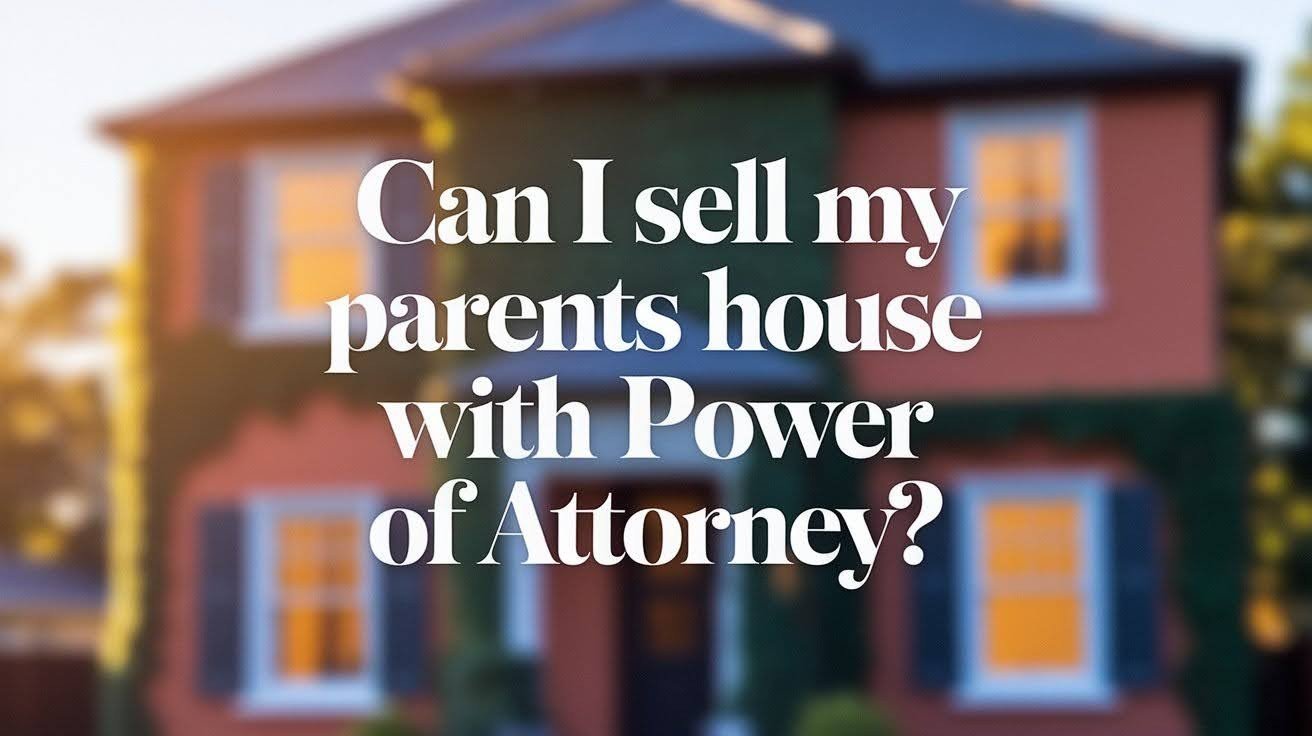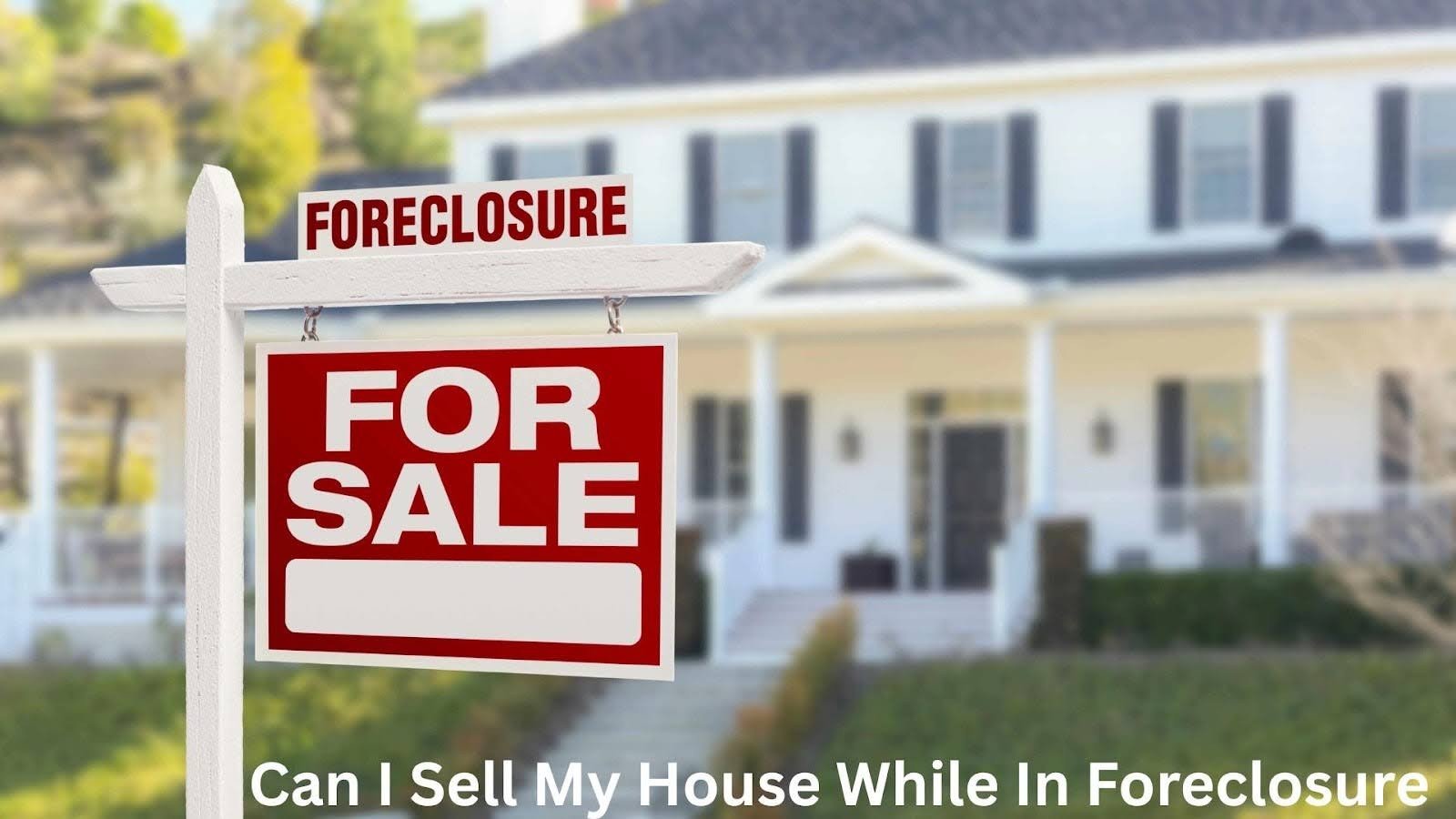If you ever wondered what “cash only” meant in a real estate description, you’re not alone. That is a common description that confuses first-time buyers because they think you have to purchase with dollar bills.
Understanding what cash-only means when buying a house will help you take advantage of the lower asking price and faster closing timeline such a sale could offer, as well as help you navigate what can come with properties that require cash.
We’ll explain everything you need to know about cash-only purchases, who buys them, why sellers like them, and how you can make a cash-only purchase work for you.
What is a Cash-Only Home?
A cash-only purchase means you pay the full price upfront without a mortgage. You don’t need physical cash sitting in your home safe. Instead, buyers use electronic bank transfers or cashier’s checks to complete the deal.
Banks and traditional mortgage companies won’t be part of this transaction. The money comes directly from your accounts to the seller. This makes the process simpler and much faster than typical home sales.
Most cash buyers have saved money over time or sold other assets. Some inherit money or sell a business. The key is having enough liquid funds available when closing day arrives.
Who Are Cash-Only Buyers?
Real estate investors make up a large group of cash buyers. They often buy multiple properties and prefer the speed of cash deals. These buyers look for homes they can fix up and resell for profit.
People with significant savings or investments also buy with cash. Maybe you sold your previous home or received a large bonus. Some retirees downsize and use the money from selling their bigger house.
Hard money lenders provide another option for cash purchases. These private lenders focus on the property’s value rather than your credit score. You get funds quickly, which counts as a cash offer to sellers.
Benefits of Buying a Cash-Only Home
- Faster closings: Cash purchases can close in one to two weeks, much quicker than mortgage-dependent deals.
- Stronger offers: Sellers often prefer cash buyers for the simplicity and reliability of the transaction.
- Potential savings: Cash offers may be accepted even if they’re slightly lower, giving buyers room to negotiate.
- Lower costs: No loan means avoiding interest, origination fees, and mortgage insurance.
- Less stress: Without financing contingencies, the process is smoother and more predictable.
Risks and Considerations for Cash Buyers
While cash purchases have advantages, they also come with risks you should know. You need a significant amount of liquid funds ready, and putting all your cash into one property can limit other investment opportunities.
Distressed homes often come with hidden problems. Foundations, plumbing, or electrical issues can add unexpected costs. Having a trusted inspector is crucial before committing to a purchase.
Finally, cash offers are legally binding once accepted. There’s less room to back out, and you may lose your deposit if you change your mind. Being fully prepared and informed helps you avoid surprises and make confident decisions.
Why Properties Are Listed as Cash Only?
Sellers choose cash-only listings for specific reasons related to the property’s condition or their personal situation. Understanding these reasons helps you spot good deals.
Property Condition Issues
Many cash-only homes need major repairs that banks won’t finance. Traditional lenders require properties to meet safety standards before approving loans. A house with a damaged roof, broken foundation, or outdated electrical system won’t qualify.
Foreclosed and abandoned properties often fall into this category. These homes may have been empty for months or years. Banks that own them want to sell quickly without making repairs first.
You might find houses with mold problems, structural damage, or missing systems. Regular mortgage companies see these as too risky. But for buyers with cash and renovation skills, they represent great opportunities.
Seller’s Strategic Reasons
Some sellers need money fast due to financial problems or life changes. A cash sale can close in one to two weeks instead of 30 to 45 days. This speed matters when facing foreclosure or urgent expenses.
Avoiding financing problems is another major reason. When buyers use mortgages, deals fall apart if the bank denies the loan. Sellers who accept only cash eliminate this risk.
Cash transactions have fewer contingencies and less paperwork. Sellers don’t worry about appraisals coming in low or buyers changing their minds. The deal is more certain from start to finish.
How to Buy a Cash-Only Property
Knowing what cash only means when buying a house is one thing, but actually making the purchase is another. You have several options depending on your financial situation.
True Cash Purchase

Using your own saved money is the most straightforward approach. You transfer funds from your bank account directly to the closing agent. This shows the seller you’re serious and can complete the deal.
Certified checks and wire transfers are the standard payment methods. Your bank prepares these secure payment forms. They guarantee the funds are real and available right away.
The closing process moves incredibly fast with true cash. You skip the loan approval steps that take weeks. Many cash deals close in 7 to 14 days once both parties sign the contract.
Hard Money Loans as a Cash Alternative

What does cash only mean when buying a house if you use a hard money loan? In real estate terms, it still counts as cash because the funds are guaranteed and available quickly.
Hard money lenders look at the property’s value, not your credit history. They calculate based on the after-repair value, or what the house will be worth after you fix it up. This means damaged properties can still qualify.
These loans cost more than traditional mortgages. Interest rates run from 9% to 15% instead of the usual 6% to 7%. The repayment period is short, too, usually just 6 to 12 months. You also get less money compared to the property value.
FHA 203(k) Rehab Loans
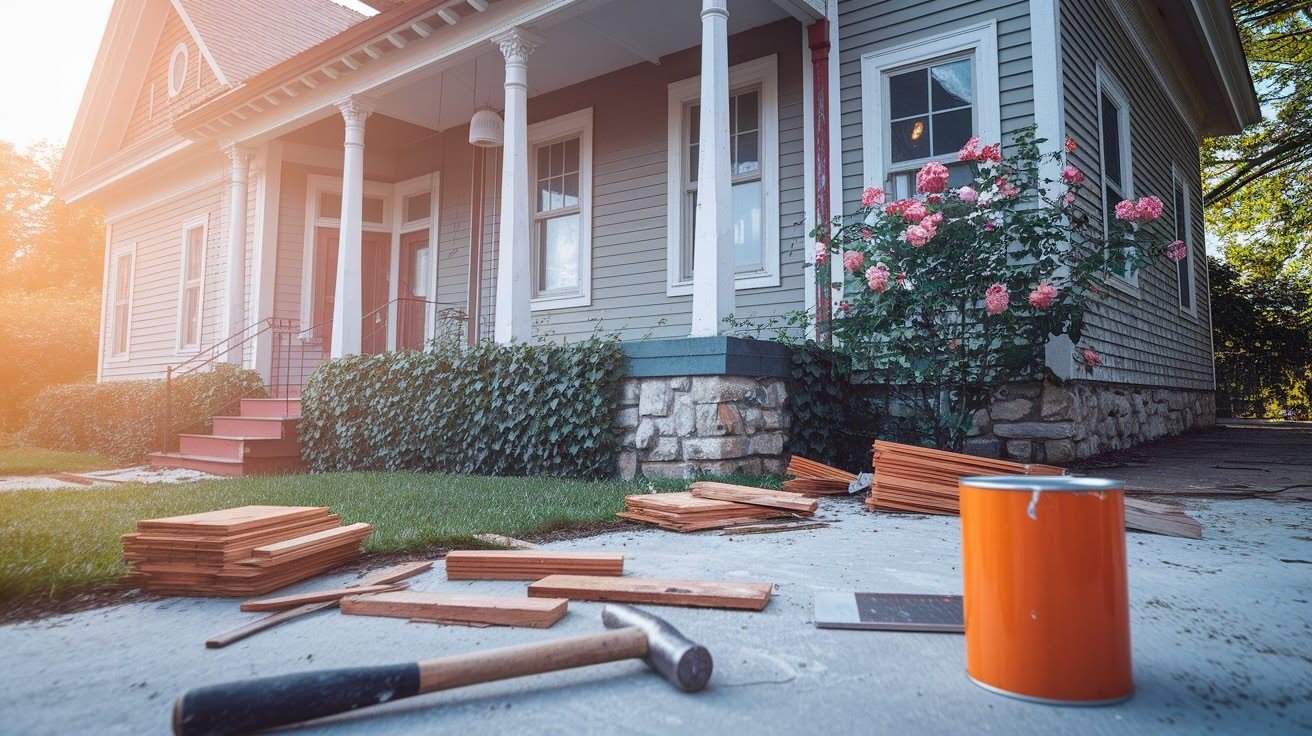
The standard 203(k) program helps buyers finance homes needing repairs. You can borrow from $5,000 up to 110% of the property’s value after repairs. This includes both the purchase price and renovation costs.
Limited 203(k) loans work for smaller projects. You can get up to $35,000 for repairs. These are easier to qualify for and have less paperwork than the standard version.
You’ll need to meet FHA requirements and provide detailed repair plans. A contractor must give estimates for all work. The bank holds renovation funds and releases them as work gets completed.
Ways to Buy a Cash-Only Home
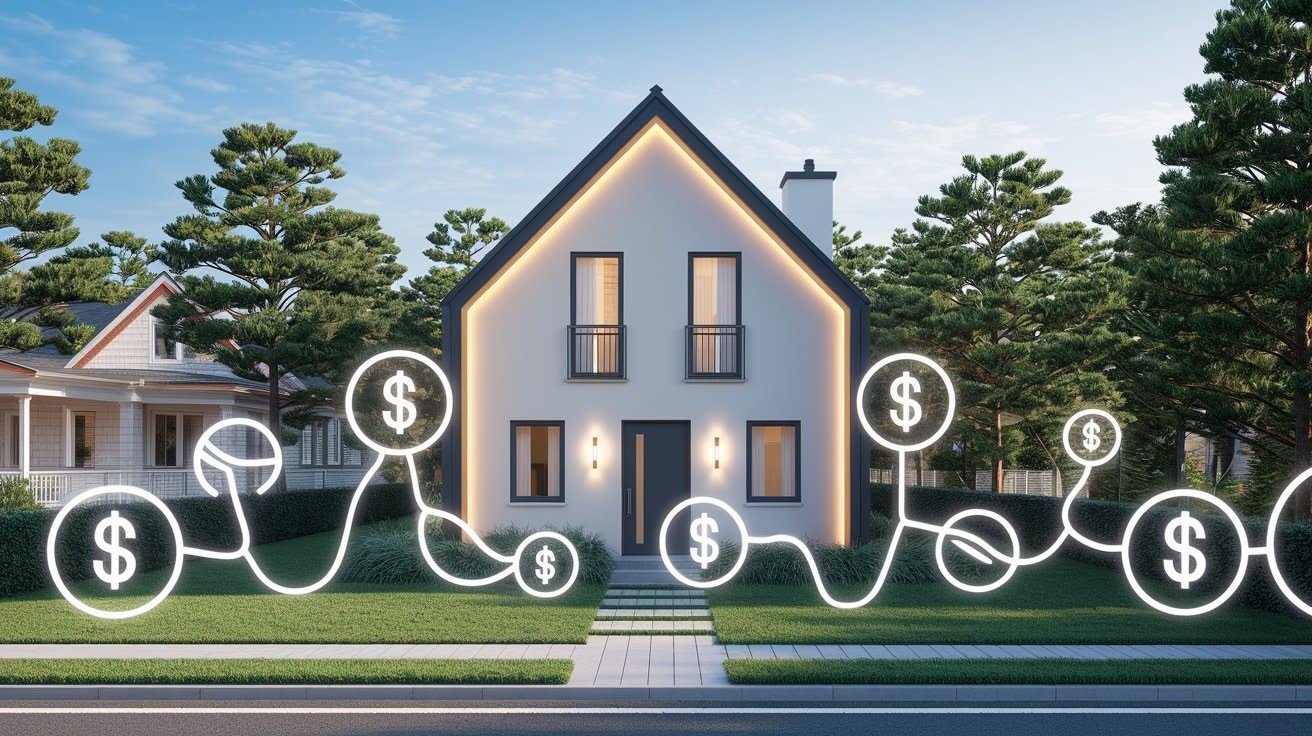
If you have enough savings, a true cash purchase is the most straightforward approach. You transfer funds directly from your bank account to the closing agent, showing the seller that you’re serious and ready to close quickly.
The most common payment methods are certified checks or wire transfers. These secure options guarantee that your funds are available immediately, giving the seller confidence that the deal will go smoothly.
Without the need for loan approval, your closing can happen in as little as 7 to 14 days. For buyers who want to act fast or avoid delays, this makes cash offers highly appealing to sellers.
Using Hard Money Loans for Cash Purchases
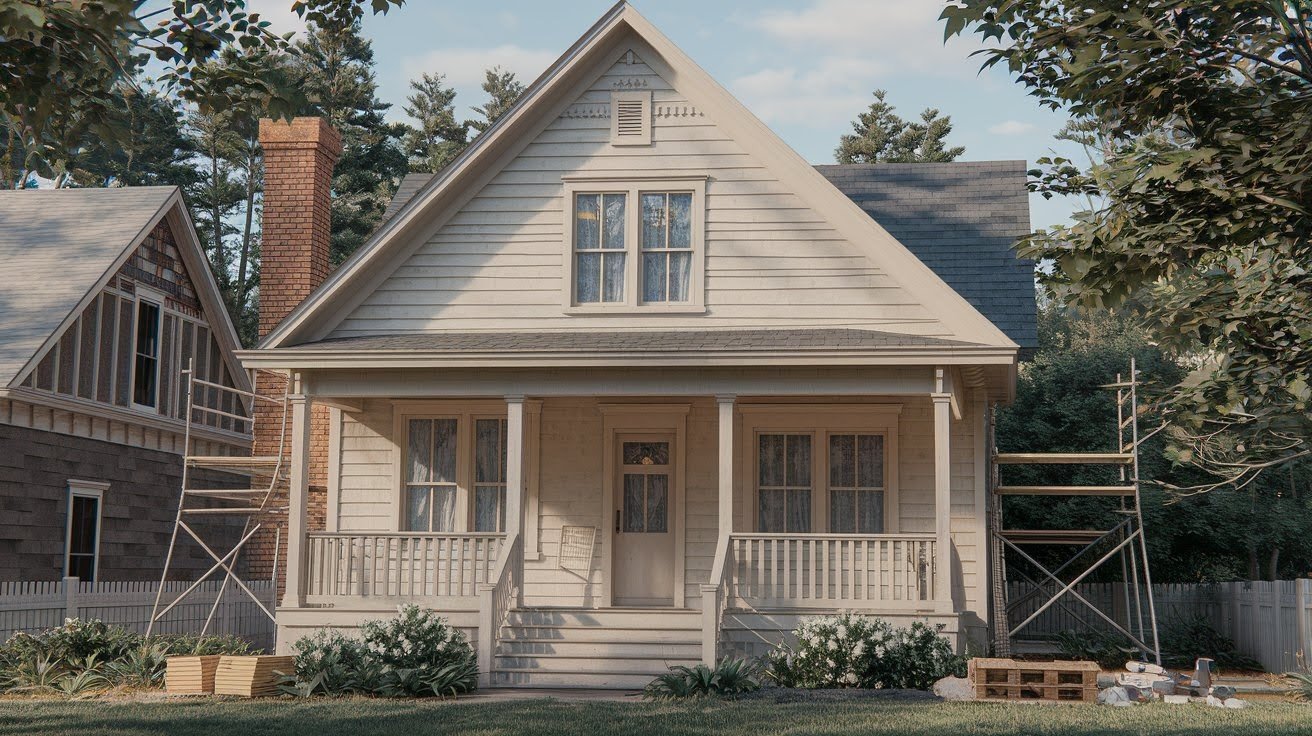
If you don’t have all the funds up front, a hard money loan can act as a cash alternative. Sellers treat these offers like cash because the funds are guaranteed and available quickly.
Hard money lenders focus on the property’s value rather than your credit history, which allows you to buy homes that may need repairs or wouldn’t qualify for a traditional mortgage.
These loans come with higher interest rates and shorter repayment periods, so they’re best suited for buyers who are confident in their renovation skills and want to secure properties quickly that others might overlook.
Benefits of Buying a Cash-Only Home
Understanding what cash only means when buying a house also means seeing the advantages. These purchases offer benefits you won’t find with traditional financing.
| Benefit Type | How It Helps You as a Buyer | Why It Matters |
| Faster Closings | You can complete a purchase in as little as 1-2 weeks instead of waiting 30-45 days for mortgage approval. | Sellers love certainty, and your speed makes your offer stand out from the competition. |
| Stronger Offers | Even if your cash offer is lower than others, sellers often prioritize it because there’s no risk of loan denial. | You avoid the stress and delays that come with financing contingencies, giving you a competitive edge. |
| Lower Costs | No mortgage means you skip origination fees, interest, and mortgage insurance. You may also negotiate a better purchase price. | Saving thousands on fees adds up, making cash deals financially smarter for buyers with funds available. |
| Investment Potential | Cash-only properties are often distressed homes you can buy low, renovate, and resell for profit. | Quick turnaround and lower upfront costs increase your profit margin and allow multiple deals per year. |
Challenges and Risks of Cash-Only Purchases
Every investment has downsides, and cash-only properties are no exception. Knowing what cash only means when buying a house includes understanding these risks.
Financial Considerations for Buyers
You need a large amount of money available right away. This isn’t money you can keep in retirement accounts or tied up in stocks. It must be liquid and accessible.
Putting all your cash into one property creates risks. You lose the ability to invest that money elsewhere. Real estate isn’t liquid. You can’t quickly convert it back to cash if needed.
Always keep emergency funds separate from your home purchase money. You need savings for unexpected repairs or personal emergencies. Don’t drain your accounts completely for a property deal.
Transaction Risks
Cash offers become legally binding when accepted. You can’t change your mind easily like you might with a financed offer. The financing contingency that protects most buyers doesn’t exist here.
If you back out without a valid reason, you lose your deposit. This is typically 1% to 3% of the purchase price. Sellers can also sue you for specific performance in some cases.
You commit fully to the purchase before seeing the final inspection results. While you can include inspection contingencies, the pressure to close quickly is strong. Sellers expect cash buyers to be more flexible.
Property-Related Risks
Hidden problems often lurk in cash-only homes. The foundation might have cracks, the plumbing could be damaged, or mold might hide behind walls. Professional inspections are absolutely critical.
Distressed properties can cost more to repair than you expect. Your $20,000 budget might become $40,000 once work begins. Contractors often find additional issues once they start renovations.
Title searches protect you from ownership problems. Previous liens, unpaid taxes, or ownership disputes can cost thousands. Always pay for title insurance and a thorough title search before closing.
Is a Cash-Only Property Right for You?
Deciding whether to buy a cash-only home depends on your personal situation. Here are key points to consider:
- Available Funds: Do you have enough liquid money to cover the full purchase price plus repairs? Can you do this while keeping 6 months of living expenses in savings?
- Risk Comfort Level: Are you okay with the commitment a cash purchase requires? Can you handle unexpected repair costs that might be 20% to 30% higher than estimates?
- Investment Goals: Does fixing and selling homes fit your financial plan? Or do you want rental income from a renovated property?
- Real Estate Strategy: Do you have contractor connections and renovation knowledge? Have you calculated all costs, including permits, materials, and labor?
- Property Condition: Can you accurately assess repair needs? Are you prepared to live through renovations or manage them from a distance?
- Market Timing: Are property values rising in your target area? Will you be able to sell or rent quickly after repairs?
- Alternative Options: Have you compared cash-only properties to traditional listings? Would a move-in-ready home with financing work better for your situation?
Conclusion
So, what does cash only mean in a home? A cash-only purchase means paying the entire cost of the home with your cash or alternative types of financing without bank financing. These properties are cheaper and close faster, but carry risks as well.
Cash-only homes are outstanding for investors or those who have the cash on hand to buy the property and pay for repairs down the road. Be sure to get a thorough inspection and title search.
Talk to real estate pros (your local market), mortgage brokers, and hard money lenders before making an offer. Be sure that you know all of your options. You can seize a great opportunity when you’re ready. The right property at the right price makes it possible.
Frequently Asked Questions
Can I Buy a Cash-Only House Without Actual Cash?
Yes, you can use hard money loans or other private financing options. These count as “cash” offers because funds are guaranteed and available quickly, unlike traditional mortgages that take weeks to approve.
Why Do Sellers Prefer Cash-Only Buyers?
Sellers choose cash buyers because deals close faster with less risk. There’s no chance of loan denial, and the transaction typically completes in one to two weeks instead of over a month with traditional financing.
What Happens If I Back Out of a Cash Purchase?
You’ll lose your earnest money deposit, which is usually 1% to 3% of the purchase price. The seller may also take legal action against you for breach of contract, depending on your agreement.
Are Cash-Only Homes Always Cheaper?
Cash-only properties often cost less than similar homes in good condition. However, you must factor in repair costs. Sometimes the total investment equals or exceeds buying a move-in-ready home with traditional financing.
How Long Does a Cash-Only Purchase Take?
Most cash transactions close in 7 to 14 days. This is much faster than the 30 to 45 days typical for financed purchases. The exact timeline depends on inspections, title searches, and paperwork completion.



